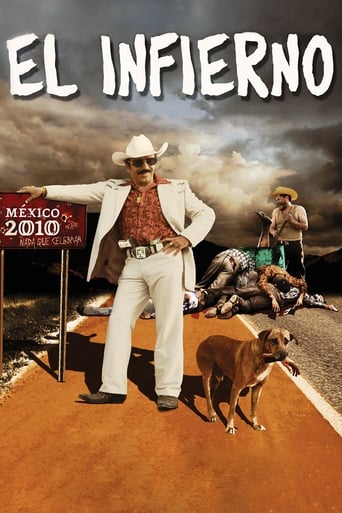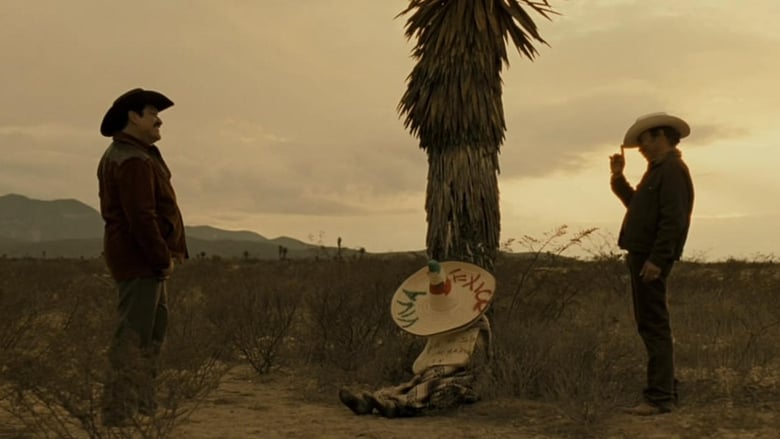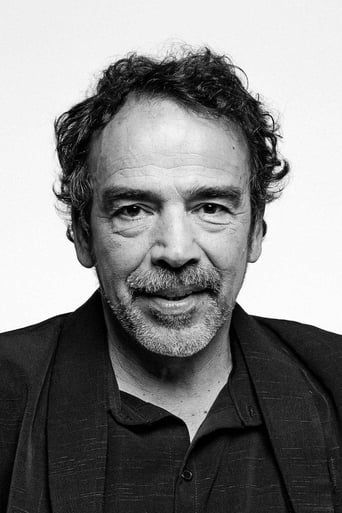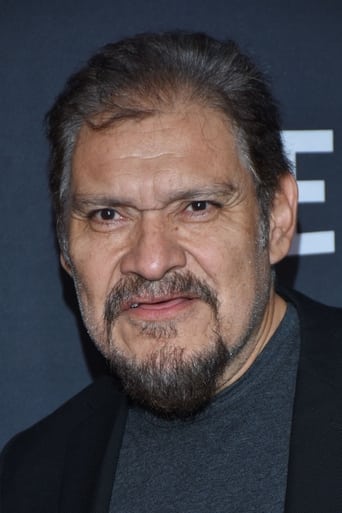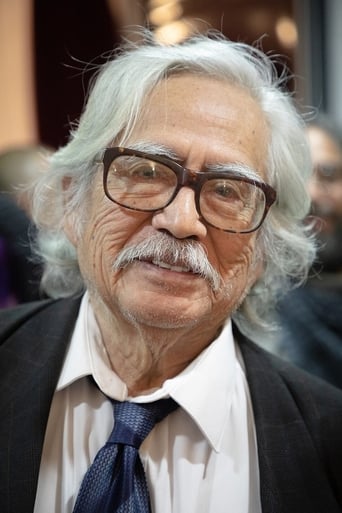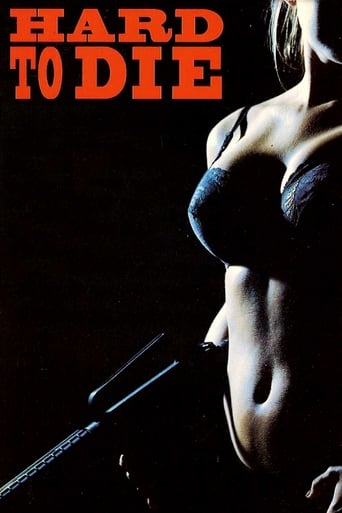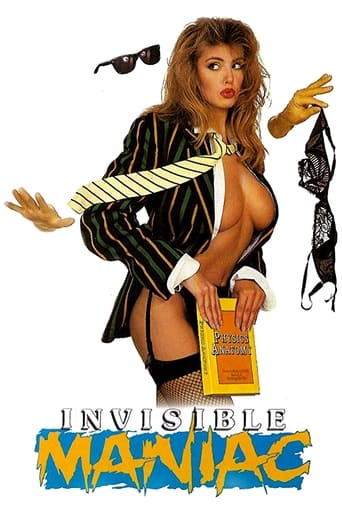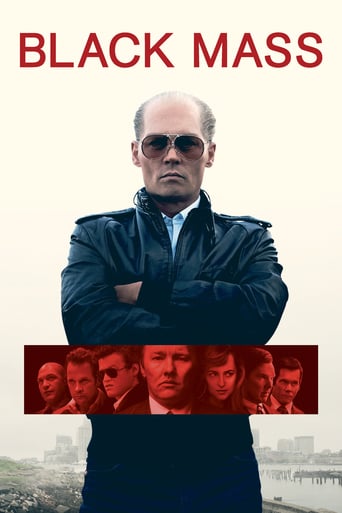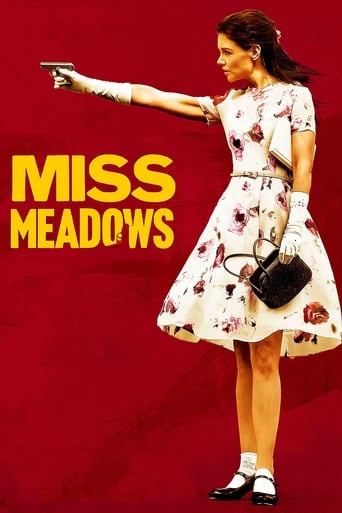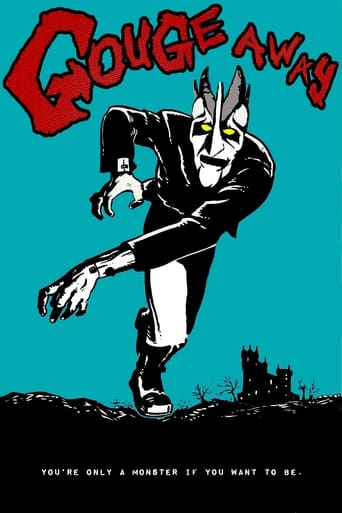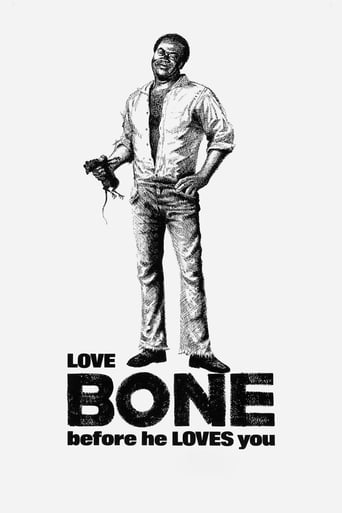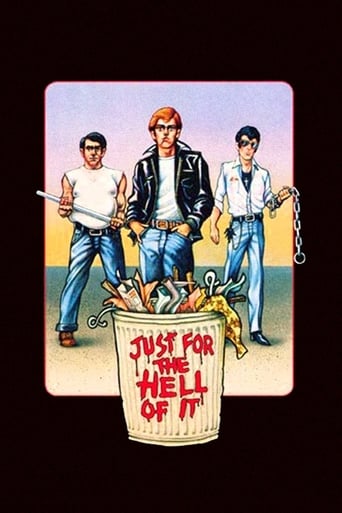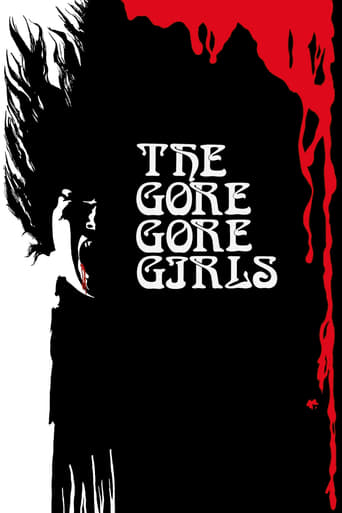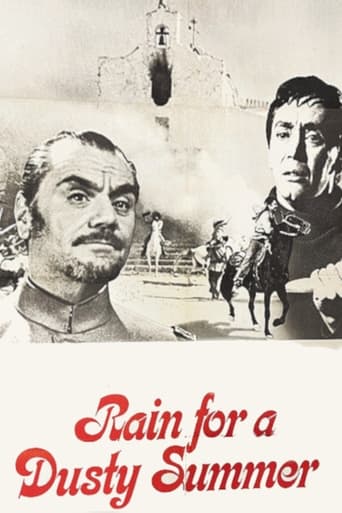El Infierno (2010)
Benjamin Garcia, Benny is deported from the United States. Back home and against a bleak picture, Benny gets involved in the drug business, in which he has for the first time in his life, a spectacular rise surrounded by money, women, violence and fun. But very soon he will discover that criminal life does not always keep its promises.
Watch Trailer
Cast


Similar titles
Reviews
I like the storyline of this show,it attract me so much
It's no definitive masterpiece but it's damn close.
Funny, strange, confrontational and subversive, this is one of the most interesting experiences you'll have at the cinema this year.
If you like to be scared, if you like to laugh, and if you like to learn a thing or two at the movies, this absolutely cannot be missed.
WARNING: I HAVE MANY SPOILERS IN THIS REVIEW: Benny Garcia had left Mexico as a young fellow to find his fortune in US. What happened with Benny during his stay in US nobody told us, maybe it was good, maybe it was not so good, suffice it to say that after twenty years they deported the guy back to Mexico. To be again home after so many years had its charm, there were the guitars and sombreros, and all the good stuff, plus Benny had the gringo experience, which meant he was able to ride on both worlds. Not exactly, as the gringo experience proved kind of confusing in what he found home. His younger brother had been killed and he had to find the authors and take revenge, actually killings looked very common, the brother's girlfriend, Guadelupe by name, was making ends meet as a prostitute at Café México, her son was rising up as a loose cannon, plus Benny was irresistibly attracted by Guadelupe (who was terribly hot, no question about). Was that the hell or what? A childhood friend helped him adjust. The hell was rather a paradise, provided you were in the gang of Don Reyes. El Infierno was El Paradiso, more exactly El Narco (that was the definition of paradise: being in the narcotic business). All you had to do was to execute the orders of Don Reyes (including to kill now and then), and you had plenty of money, plenty of drinks, a big car, any women you wanted, the order you had them was your choice. Wasn't that splendid? Everybody, the mayor, the police, the priest, all the others, were under the authority of Don Reyes. Well, it was also the rival gang, of Don Pancho, the two bosses were actually brothers, and the war between them had ups and downs, sometimes it was hot, with mutual killings and disfigurement of victims, some other times the war was put on hold. All this was keeping the men in that village very busy. The kids dreamed to enter one of the two gangs, as for the women and old men, it was another story, they weren't living in the paradise, rather in limbo, and sometimes they were unexpectedly shot for unknown reasons, because also the limbo had its rules.And pretty soon Benny found out that the paradise was just a stage to hell, nobody could remain in the cards for too long, for each one the bell was ringing and the turn was coming to be tortured, disfigured, then killed. Hell and paradise mocking each other, playing a common black farce, for what was life other than a black farce? The movie stirred extremely controversial reactions in Mexico, for obvious reasons. As the whole movie had not been enough, by the end Benny was shown coming to the Mexican Bicentennial celebration and killing everybody from the official tribune (Don Reyes surrounded by all authorities of the village). Thus many protested against El Infierno saying it was profoundly unjust and unfair to depict their country as a grotesque caricature. Luis Estrada (director, writer and producer) defended his movie, saying that, firstly, a caricature was just a caricature, secondly, a caricature was a very legitimate artistic approach, like all other legitimate artistic approaches, thirdly, he agreed that obviously not all Mexican society was made of drug dealers and corrupt politicians, while this Mexican society had to be aware about the serious problem of having so much criminality and corruption in their country, all these leading to the conclusion that a grotesque caricature was sometimes necessary for its cathartic effect.I'm just wondering how would I react against a movie depicting in this way my own country. Honestly I wouldn't take it easy at all, but my reaction against it would prove the power of the message. An artist has the duty to say the truth he believes in, with all risks, even with the risk of stirring ardent passions against him. Luis Estrada is politically intense and his movies cannot be but politically intense. His extreme sarcasm calls in mind the movies of Berlanga, and generally the Spanish and Hispanic-American movies are often very tough.I would add to all this that the value of a movie cannot stand only in what it speaks to its country; it should go beyond and transmit something universal. I think this is the case with El Infierno. It's the drama of returning to your home after many years and realizing that for everybody there you look like an ostrich joke, because that's what you are. It's the tragedy of having illusions till you realize that your life is just a black farce. It's a parable saying that our whole world became a hell in all respects.
As many of you may know, México is celebrating 200 years of Independence, and 100 years of Revolution.Nothing has really changed. "Hell" displays perfectly the truth about Mexican society and the hypocrisy of local authorities, church, and most of all, federal government.To be honest, the movie parodies the reality about Presidente Felipe Calderon's war against organized crime. It tells you everything about it. Like how local authorities are bribed by criminals in order to let them "work", how police commits crimes, and how drug traffickers "manage" their business.The story is sad but true. El Benny (portrayed brilliantly by Damian Alcazar) just wanted to work in a decent manner but trouble and necessity made him turn into crime.The Director does a great job. The movie looks grainy (like in "Traffic" or "La Ley de Herodes") thanks to a great cinematography. The soundtrack is made up of the infamous narcocorridos. Decent editing and art direction. Perfect display of the northern zones of the country that limit with the USA borderline.Incisive and witty dialogs, plenty of humor, good violence (in the likes of Robert Rodriguez); and endearing characters. There's a lot to dig from this movie.Each character in the movie displays a specific situation about Mexican society. For instance, the Reyes brothers dispute the zone in order to distribute the most drugs and dirty business. El Cochiloco (brilliantly played by Cosio and by far the most likable character) is a man who knows what poverty is. Suddenly, he becomes rich and wealthy but at a high cost...The rest of the characters are mostly ignorant and their desire is to be a drug lord. Sadly, that's how things are in actuality.Watch this black comedy in order to understand the repercussion of the war against drugs.
"El Infierno" is a satirical approach to the actual social situation of Mexico. This movie was released few days before of The Bicentennial Independence Day celebration. That fact gives a plus to this movie because it shows in a "funny" way how brutal the reality in this country is. Director Estrada wants to show that there is nothing to celebrate in a Nobody's land, where the law is made for those to have the money to corrupt a whole system. "El Infierno" shows not only a harsh present, but also a hopeless future. The main topic of this movie is, of course, drug-trafficking; but, in this case, is only a pretext to show that drug-trafficking is not the problem itself, because it is only the consequence of a very long "tradition" of arrangements between mafia and government. The most characters in this movie were very well performed. I said the most characters, because Maria Rojo's performance was not so good as the other actors. This movie is easy to see and although it contains brutal violence it will be never so brutal as the headlines at the daily news.
This is by far one of the most intense, realistic and utterly depressing portrait of Mexican reality nowadays. Given the fact that this film was released as part of the Mexican Independence Bicentennial, it is a slap in the face of the society, the government and the organised crime. Its tag line says it all: "Nothing to celebrate".With much of irony, black comedy, and criticism, it disses everybody and everything: from the corrupted government institutions of a failed state, to the hypocrisy of a rotten Catholic church, to a de-humanised and selfish society. This film accurately reflects the current situation in Mexico. And it does with such mastery and accuracy, it shocks the viewer.Best Mexican film this year by a wide margin. And one of the bests of all time.

